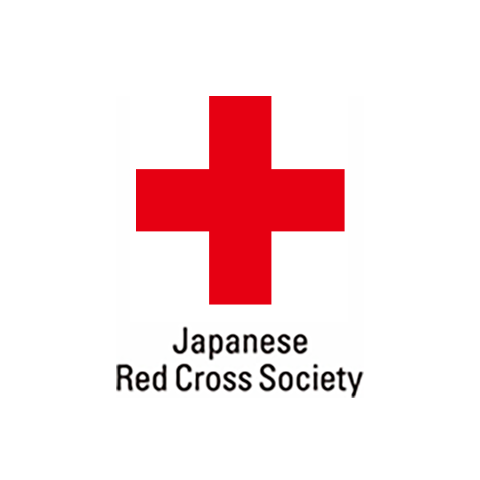Let 'Never Forget' Promote Disaster Prevention Throughout Japan
What is most important, I feel, is that every person not only remembers but also utilizes the experience of visiting areas where the Great East Japan Earthquake and Tsunami disaster struck and/or the stories they have heard from the people affected to develop disaster prevention measures for where they live.
What then should be done specifically? The key is in the disaster-affected areas. Aging and depopulation, for example, were challenges before the disaster struck, and they were drastically accelerated in many of those areas. Thinking about the situation in those areas is like thinking about one's own area in the future.
In addition, the disaster reaffirmed the significance of cooperation among a wide range of organizations and individuals, including volunteers and NPOs [non-profit organizations]. Joining hands only after a disaster strikes is not enough. The national government, in response to the declining birthrate and aging in society, is now developing an 'area comprehensive care system,' in which medical and nursing care providers, government, and residents cooperate as part of their daily activities. This should lead to mutual assistance in the face of possible disasters. The Japanese Red Cross Society, for its part, must promote the spread of disaster prevention education as well as play a greater role in supporting each area of the country by providing medical services, assisting volunteer work, and so on.
Through these efforts, I believe everyone will realize the slogan 'Never Forget' in its true meaning. They will think seriously about disaster prevention and build disaster-resistant areas while bearing in mind the thoughts and feelings of those who have suffered a disaster.
Shuichi Nishijima
Director General, Disaster Management and Social Welfare Department,
Japanese Red Cross Society




